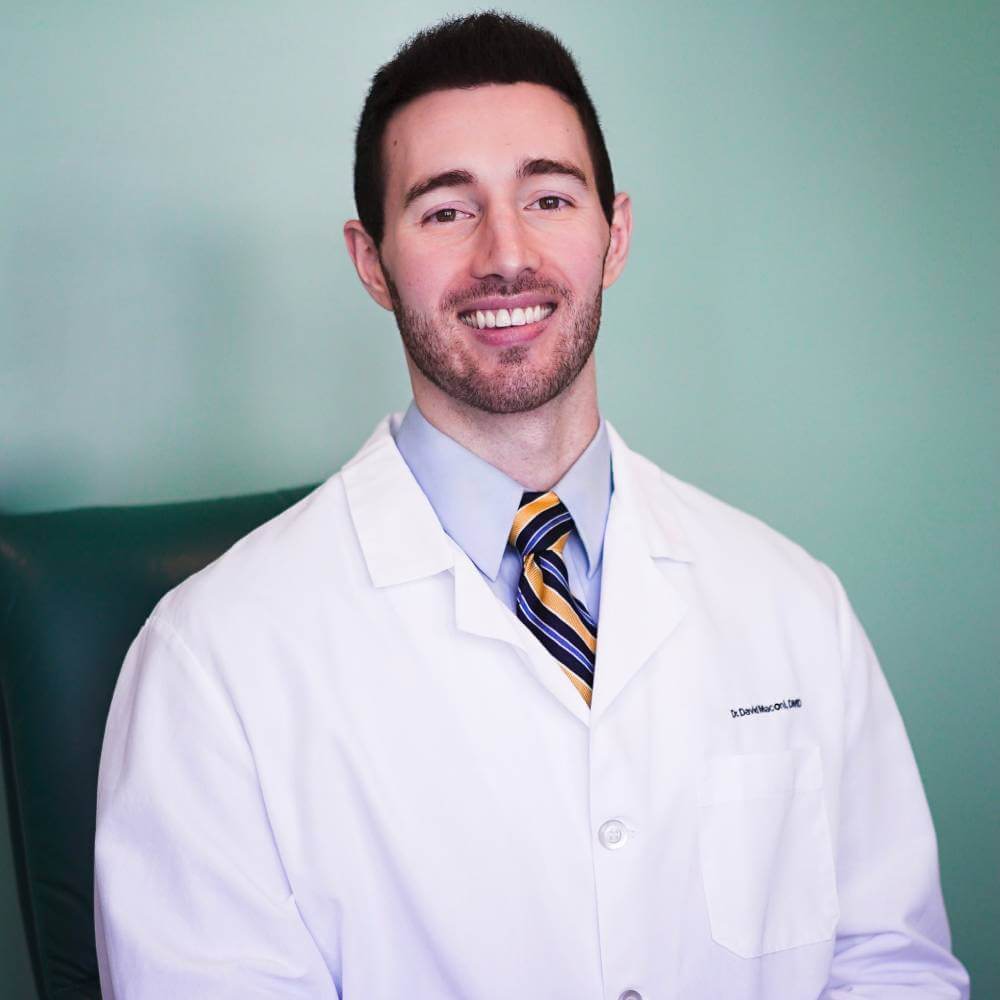Restorative Dentistry – Havertown, PA
Restorative Dentistry
In the not-too-distant past, the loss of a tooth presented limited choices for replacement. Despite the expectation that permanent teeth would provide a lifetime of functionality, circumstances sometimes prove otherwise. Factors such as accidents, severe cavities, or gum disease can result in tooth loss. Even the absence of a single tooth can disrupt the intricate process of chewing, which serves as the initial stage of digestion. Over time, adjacent teeth may shift and lean into vacant spaces, leading to increased wear and susceptibility to cracks due to excessive forces. Consequently, a cascade of problems may arise.

Dental Checkups & Teeth Cleanings
When the need arises to replace missing teeth, whether it's a solitary tooth or an entire set, various options may be available. Dental implants often offer the best chance for restoring natural chewing function and achieving a complete smile. Nevertheless, it is essential to carefully consider all therapeutic alternatives before making a decision.
We understand that navigating through the complex array of possibilities can be daunting. Dr. Maconi's expertise in restorative dentistry enables them to devise tailored solutions for every individual circumstance.

What Is Restorative Dentistry?
Restorative dentistry, in essence, encompasses dental procedures aimed at repairing or restoring compromised oral structures. This comprehensive field encompasses a range of services, including fillings, bridges, implants, and more. It is crucial to differentiate restorative dentistry from cosmetic procedures like veneers or teeth whitening, as they fall outside the scope of restorative treatments.
New Patients & Emergency Appointments Welcome! Call Us Today.
Common Restorative Dentistry Procedures
While each situation is unique, there are several restorative dentistry treatments that are commonly performed to address our patients' needs. Understanding whether a procedure is classified as restorative or cosmetic can potentially save you a significant amount of money, as elective cosmetic procedures are billed differently from restorative ones. Here is an overview of some frequently encountered restorative dental services offered by Dr. Maconi:
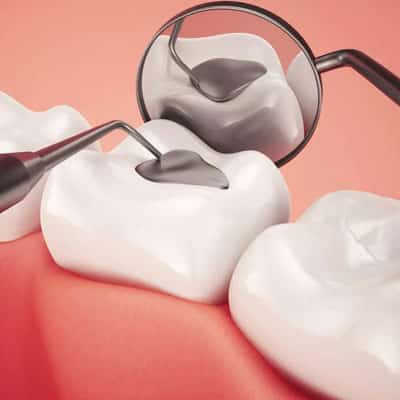
Fillings
Whether they are made of amalgam (metal) or composite (white) materials, fillings are the most prevalent restorative dentistry treatments we administer. They are utilized to structurally repair and stabilize teeth that have been affected by cavities and decay.
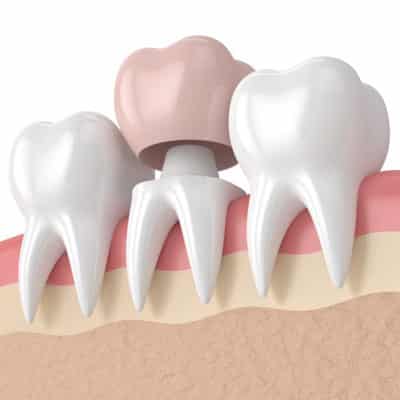
Crowns
When a tooth has experienced substantial decay that cannot be effectively addressed with fillings, dental crowns, also referred to as caps, may be necessary. This restorative procedure involves the creation of a protective "cap" that covers the entire tooth, extending down to the gum line, to safeguard it against further damage.
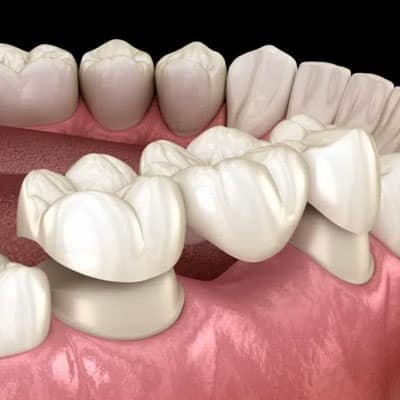
Bridges
Similar to crowns, bridges are employed to replace missing teeth resulting from extraction. This technique involves the fusion of multiple crowns, which are then anchored to healthy adjacent teeth on either side of the gap, creating a porcelain replacement that "bridges" the space.

Bonding
Bonding is commonly utilized for the repair of chipped or broken teeth. It entails the application of composite materials to recreate the missing enamel and bond them to the existing tooth structure.
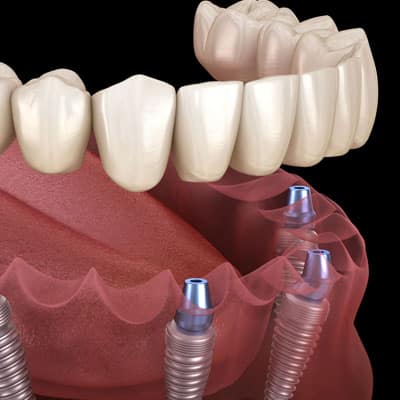
Implants
In cases of significant damage, dental implants may be a suitable solution. This involves replacing damaged tooth structures with artificial teeth that are securely affixed to the jawbone using a metal post resembling a screw-like metal "root."
By offering these restorative dental procedures, we aim to address various oral health concerns and restore the functionality and aesthetics of our patient's smiles.
How To Prepare For Major Dental Work?
Before scheduling any restorative dentistry procedure, it is crucial to be well-informed and make informed decisions. Engage in thorough discussions with your Haverton dentist to understand your options, anticipate the outcomes, and choose the most suitable treatment for your specific needs. Additionally, it is advisable to confirm the coverage of potential procedures under your insurance plans. This proactive step will help prevent unexpected expenses resulting from treatments that were categorized as elective rather than restorative. By conducting prior research and engaging in open communication with your dentist, you can effectively plan for your dentistry services and safeguard yourself from both physical and financial discomfort.


